Atlanta City Council Seeks To Limit Use Of Rap Lyrics In Court
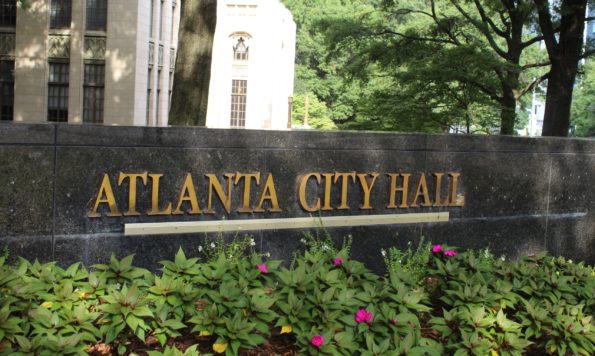
Atlanta City Council Seeks To Limit Use Of Rap Lyrics In Court
The Atlanta City Council’s Public Safety and Legal Administration Committee passed a resolution to stop the use of rap lyrics in court.
District 12 Council member Antonio Lewis had this to say about the resolution:
“Our resolution is a significant step toward rectifying an issue that has disproportionately affected individuals within marginalized communities. We must protect the freedom of artistic expression while ensuring that evidence used in criminal trials is relevant, reliable, and does not perpetuate bias.”
According to Council member Lewis, other jurisdictions across the country have been proactive in limiting the use of rap lyrics in criminal trials.
“By urging the Georgia General Assembly to address this matter, we are fostering a more equitable and just criminal justice system for all.”
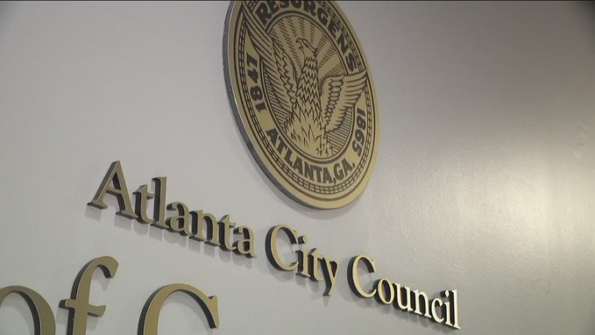
In September 2022, California Governor Gavin Newsom signed The Decriminalizing Artistic Expression Act, which aims to restrict the use of rap lyrics as evidence in court.
It states that the purpose of the bill is so,
“courts can ensure that the use of an accused person’s creative expression will not be used to introduce stereotypes or activate bias against the defendant, nor as character or propensity evidence.”
The Decriminalizing Artistic Expression Act received support from A-list artists such as Meek Mill, Killer Mike, Too $hort, Ty Dolla $ign, E-40, YG, and more!
Atlanta City Council’s new resolution comes amid the YSL RICO case involving rapper Young Thug, where music lyrics are being used as evidence against him. Critics say the criminal justice system misuses and misinterprets rap lyrics in court and that it should not be used in trial unless deemed relevant.
As previously reported, last May Young Thug was arrested — alongside 27 others reportedly associated with YSL — on gang-related charges, with prosecutors using several of his rap lyrics as incriminating evidence. Since then, many people of influence, such as Stacy Abrams and music exec Kevin Liles, have spoken out about the dangers of using lyrics in trials. Liles himself even went as far as drafting federal legislation, seeking to ban rap lyrics in courtrooms nationwide on behalf of all Black artists.
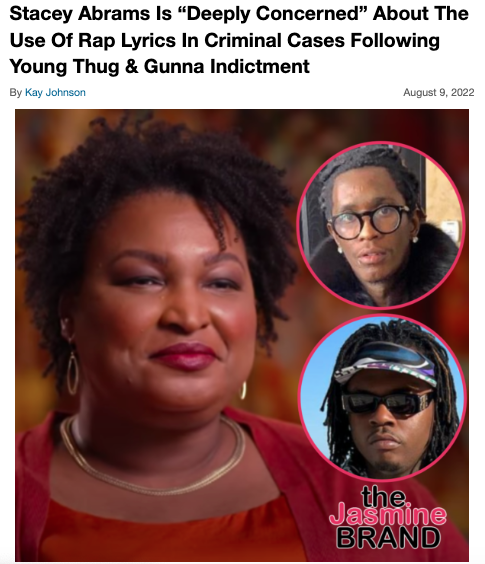
What are your thoughts? Let us know in the comments below!


 Previous Article
Previous Article Next Article
Next Article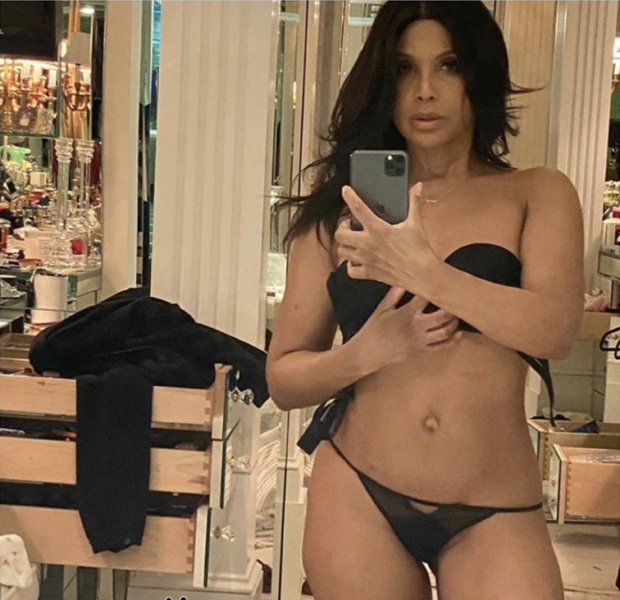 Toni Braxton Is Ready For The Beach In Revealing Bikini Photo
Toni Braxton Is Ready For The Beach In Revealing Bikini Photo 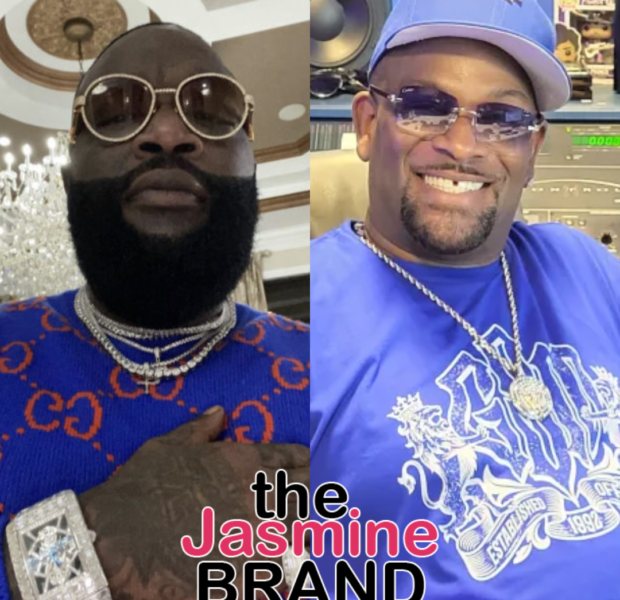 Rick Ross On Reconciling w/ Trick Trick After Decades-Long Beef: ‘Here We Are Moving Forward’
Rick Ross On Reconciling w/ Trick Trick After Decades-Long Beef: ‘Here We Are Moving Forward’  Pharrell’s “Something In The Water” Festival Canceled In Virginia Beach After Failed Agreement
Pharrell’s “Something In The Water” Festival Canceled In Virginia Beach After Failed Agreement 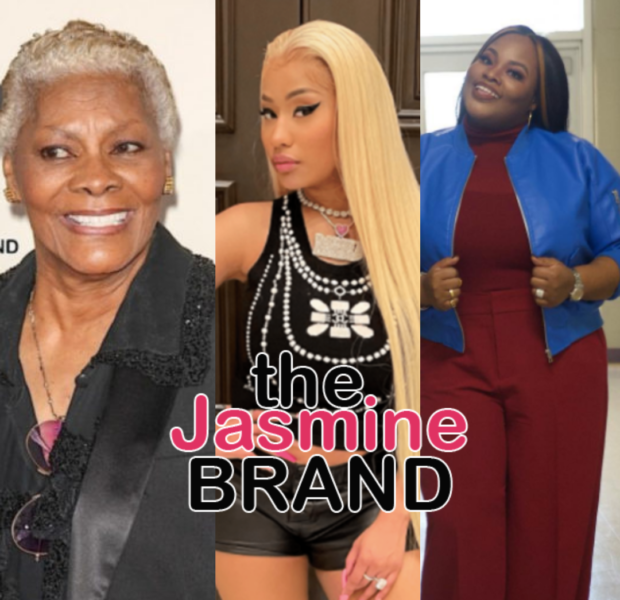 Dionne Warwick Asks For Helping Getting In Contact W/ Nicki Minaj & Gospel Singer Tasha Cobbs Leonard
Dionne Warwick Asks For Helping Getting In Contact W/ Nicki Minaj & Gospel Singer Tasha Cobbs Leonard ![Azealia Banks Shades Ice Spice As She Announces Cleotrapa Will Join Her For Upcoming Concert: ‘She Will Be Paid […] Because I Have F*cking Respect’](https://thejasminebrand.com/wp-content/uploads/2024/09/SINGLE-IMAGE-w-INSERT-76-620x600.png) Azealia Banks Shades Ice Spice As She Announces Cleotrapa Will Join Her For Upcoming Concert: ‘She Will Be Paid […] Because I Have F*cking Respect’
Azealia Banks Shades Ice Spice As She Announces Cleotrapa Will Join Her For Upcoming Concert: ‘She Will Be Paid […] Because I Have F*cking Respect’  Rihanna Says She’s ‘Experimenting’ W/ New Album: Whatever You Know Of Rihanna Is Not Going To Be What You Hear
Rihanna Says She’s ‘Experimenting’ W/ New Album: Whatever You Know Of Rihanna Is Not Going To Be What You Hear 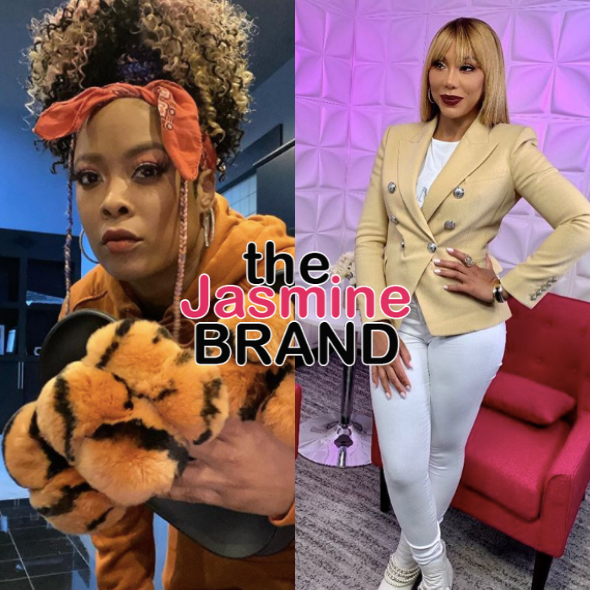 Da Brat Confirms Tamar Braxton Was Allegedly Beaten Up For Sleeping W/ Jermaine Dupri’s Father: I Was In The Elevator!
Da Brat Confirms Tamar Braxton Was Allegedly Beaten Up For Sleeping W/ Jermaine Dupri’s Father: I Was In The Elevator! 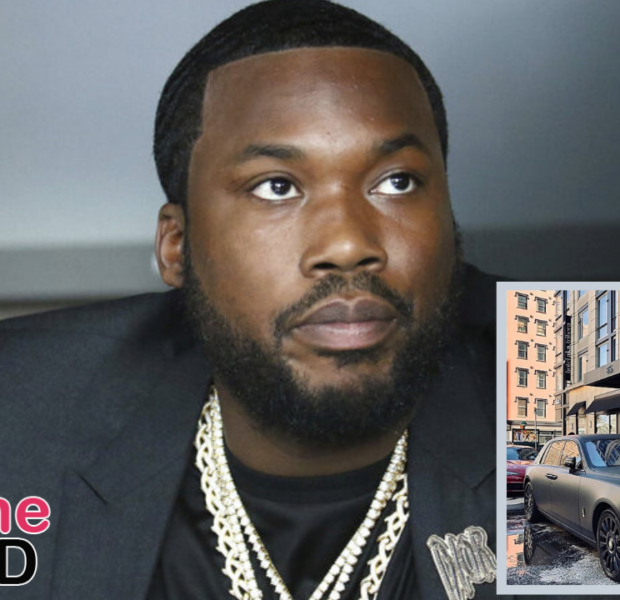 Meek Mill Donated His Dream Car To Raise Money For Those Coronavirus Relief, Bid Reaches $300K
Meek Mill Donated His Dream Car To Raise Money For Those Coronavirus Relief, Bid Reaches $300K